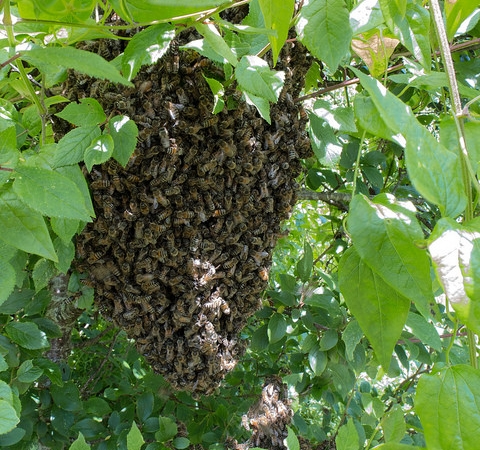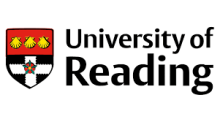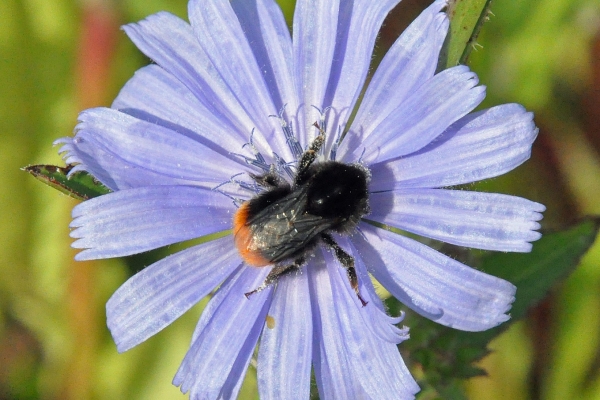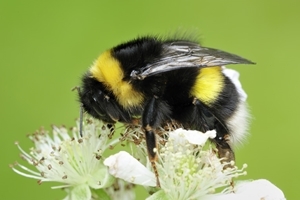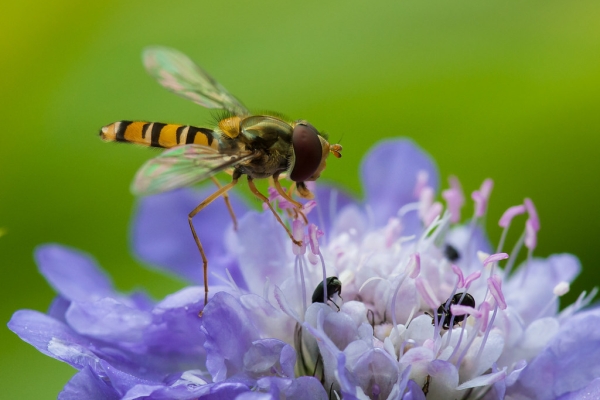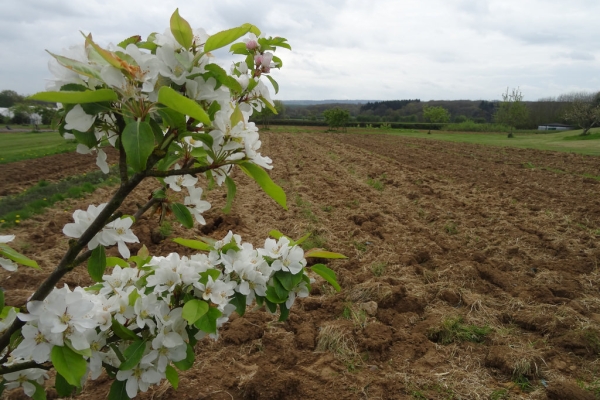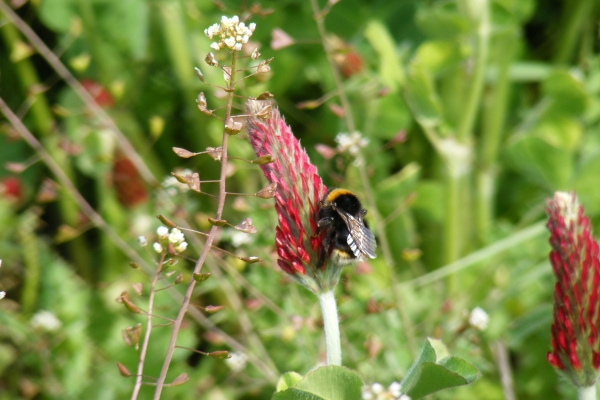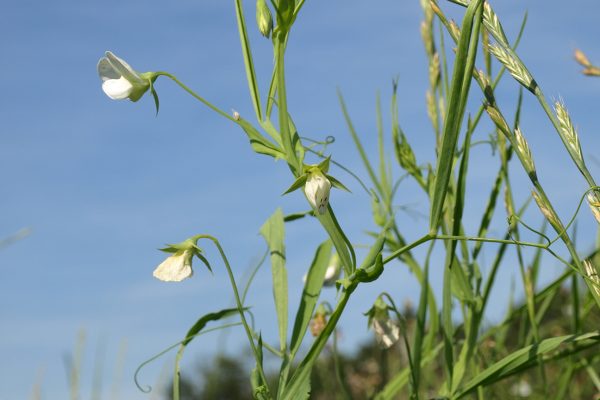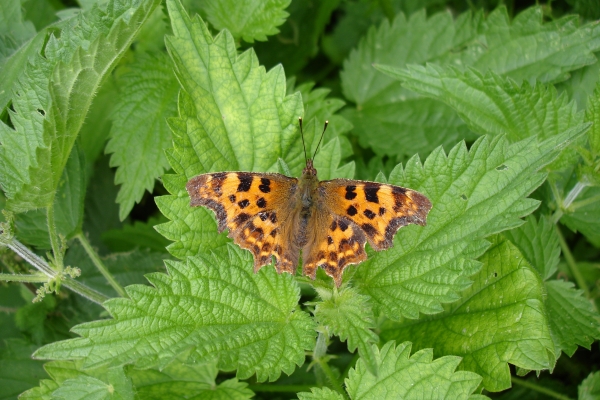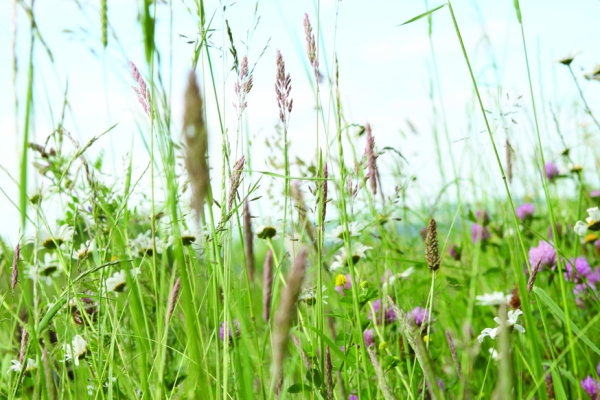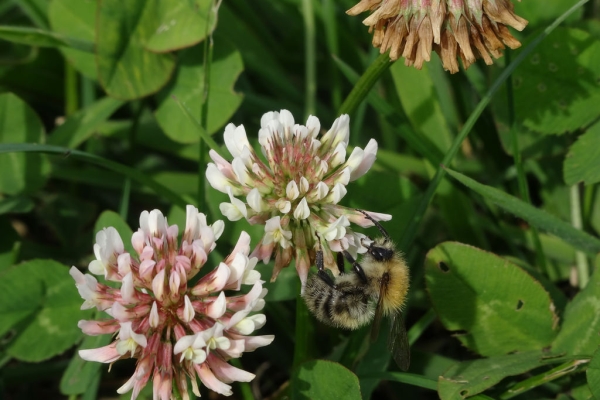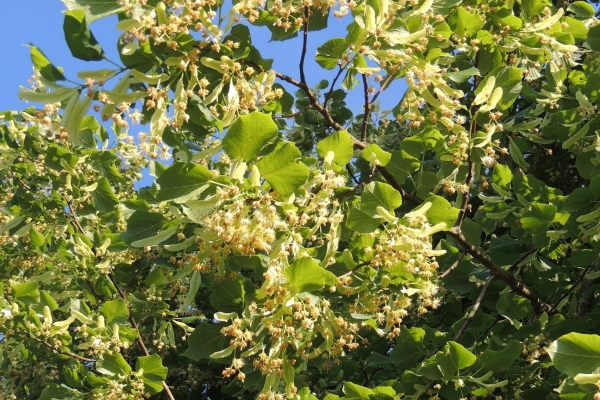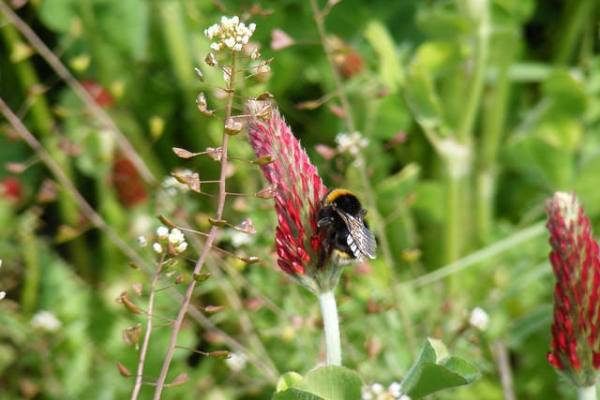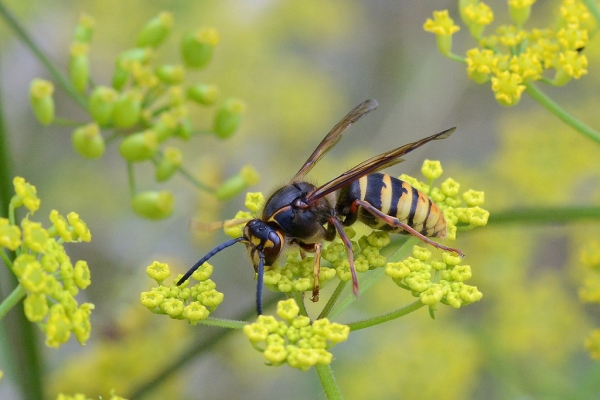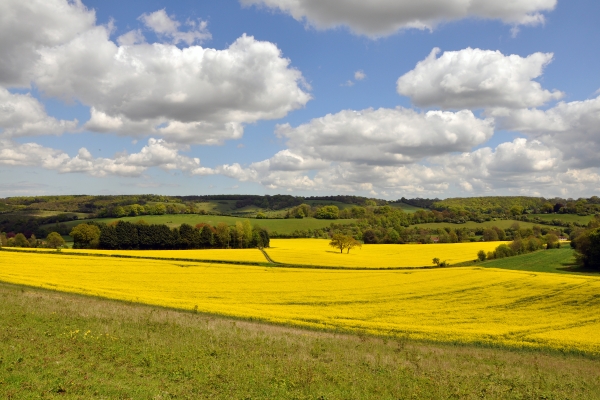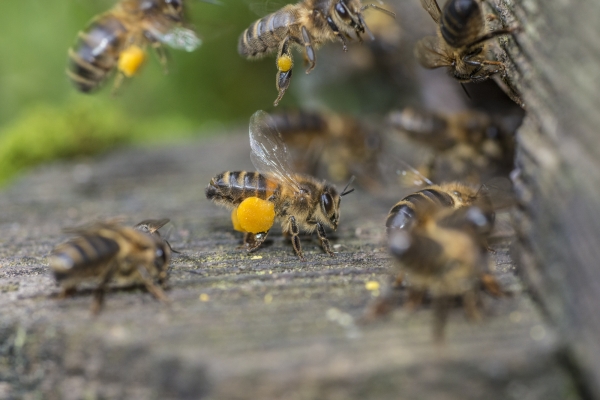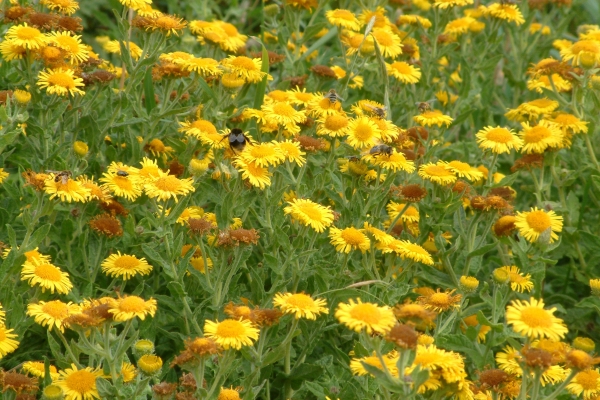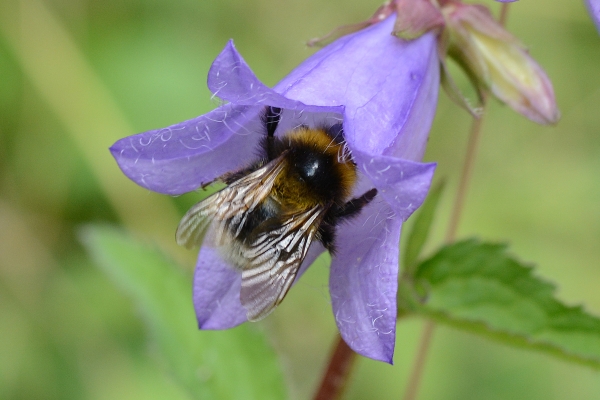Honeybee shortage for crop pollination
Resource explained
This 3.17-minute video refers to research conducted by the University of Reading’s Centre for Agri-Environmental Research, funded by the Status and Trends of European Pollinators and Insect Pollinators Initiative Crops projects.
It opens with Dr Michael Garratt explaining the importance of insect pollinators in relation to food security and specific food crops in the UK and the estimated value of UK insect pollination services. The first study he describes measures the contribution of insect pollinators to apple production and looks at how the pollination demands of apple varieties are being met. He then goes on to talk about other research identifying the important pollinators for oil seed rape and field beans in the UK.
Dr Thomas Breeze talks about another project looking at the potential contribution of honeybees in providing pollination services to crops, particularly in relation to the expansion of oil seed rape in the UK.
Findings & recommendations
- Insect pollinators are crucial for the production of crops such as oil seed rape, strawberries and field beans. Their services in the UK have been valued at over £430 million pounds per year.
- The first study showed that pollinators are not currently meeting the pollination demands of some apple varieties in our orchards. Some varieties would benefit from pollinator management to improve apple production and quality.
- It is important that you target pollinators that will be effective for specific crops i.e. to improve pollination of beans you might want to manage bumble bee abundance and diversity in the field.
- If honeybees were to be the only pollinator of crops in the UK we would need another 1 million colonies in the UK alone. The lack of honeybees available to provide pollination services to all of our crops has been exacerbated by the expansion of oil seed rape with the introduction of EU biofuel policies.
- Honeybees alone however are not sufficient to provide pollination services in the UK and Europe. We need a diversity of pollinators to produce a diversity of crops and ensure long-term food security.
- It is possible to view a transcript of the video at http://www.bbsrc.ac.uk/news/videos/2014/1401-v-europe-short-of-13m-honeybee-colonies-transcript/.
